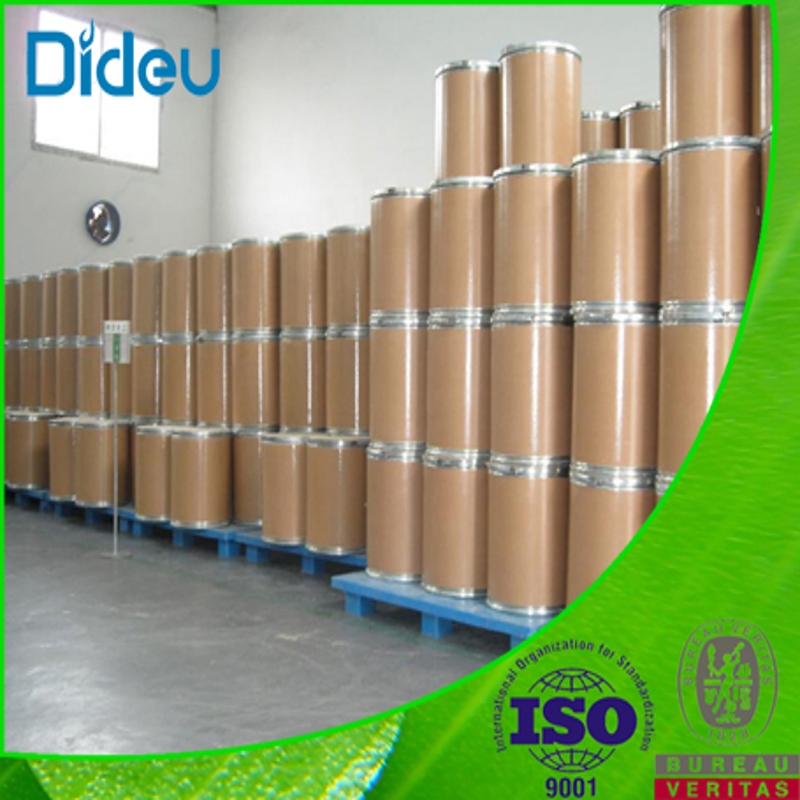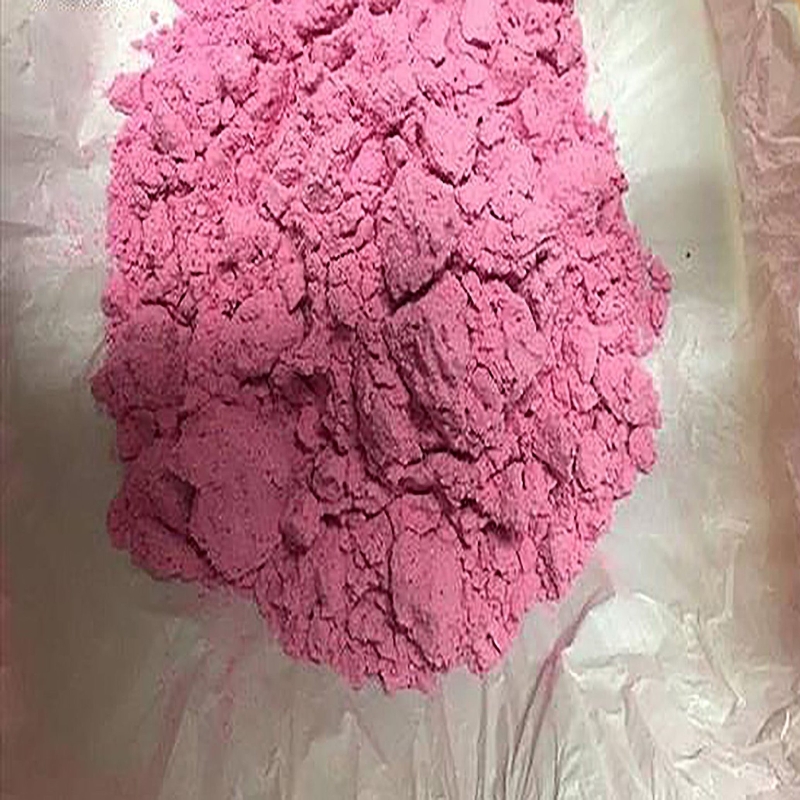-
Categories
-
Pharmaceutical Intermediates
-
Active Pharmaceutical Ingredients
-
Food Additives
- Industrial Coatings
- Agrochemicals
- Dyes and Pigments
- Surfactant
- Flavors and Fragrances
- Chemical Reagents
- Catalyst and Auxiliary
- Natural Products
- Inorganic Chemistry
-
Organic Chemistry
-
Biochemical Engineering
- Analytical Chemistry
-
Cosmetic Ingredient
- Water Treatment Chemical
-
Pharmaceutical Intermediates
Promotion
ECHEMI Mall
Wholesale
Weekly Price
Exhibition
News
-
Trade Service
In recent decades, nerve blocking techniques have been fully developed, thanks mainly to ultrasound in
With the popularization and application of ultrasound in clinical anesthesia, the anatomical knowledge required for regional block anesthesia extends from spinal canal, nerve stem and other related structures to paravertebral structures, chest and abdominal wall muscles, muscle fascia planes, etc
Peripheral nerve block is currently mainly used for postoperative analgesia, which occupies an important position in multimodal analgesia, which can effectively reduce the occurrence
The development of peripheral stem nerve block also faces many challenges, the most critical and urgent clinical problem is how to prolong the duration
In summary, ultrasound-guided peripheral stem nerve block has changed the management ideas and strategies
Figure Thoracic nerve block
Figure note: (1) trapezius muscle; (2) Rhomboid muscle; (3) Orthostatic spinal muscles; (4) anterior serratus; (5) External intercostal muscles; (6) Medial intercostal muscles; (7) The outermost muscles between the intercostals; (8) Latissimus dorsi; (9) Pectoralis minor muscles; (10) Pectoralis major muscles; (11) Transverse protrusions; (12) Spinous protrusions; (13) Pleura
Scan the QR code to read the original text
https://onlinelibrary.
About Ibrain
Ibrain is a global leader in research and education – Wiley publishes an English-language open access journal
in the field of neuroscience hosted by the Affiliated Hospital of Zunyi Medical University.
The journal is published about
Cutting-edge research on the brain, spinal cord and nerves provides neuroscientists with a platform
for basic and translational medicine and clinical practice.
Ibrain is edited by Professor Wang Tinghua, Director of the Laboratory of Neurological Diseases at West China Hospital of Sichuan University, and Professor Xin-Fu Zhou of the University of South Australia
.
Journal publication scope and topics:
Ibrain is interested in topics related to brain, spinal cord, and neurological diseases, including but not limited to clinical medicine, molecular diagnostics, epigenetics/genetics, cell biology, drug discovery, evolutionary medicine, nanotechnology, and artificial intelligence
.
The journal focuses on clinical and experimental research advances, providing characterization, pathogenesis, diagnosis, treatment, medical innovations and technologies for brain, spinal cord and neurological diseases
.
Topics published in the journal include, but are not limited to:
Types of journal articles published:
Original article
Reviews
Comments
Case reports
Letter
Methods
Journals in 2022-2024 are exempt from publication fees (APCs
).
Currently, Ibrain is included in the international search database DOAJ, and it takes only two months
from the filing of the application to the time it is included in the DOAJ.
We sincerely welcome researchers, doctors and graduate students in the field of neuroscience to actively submit articles to the journal!
Special Issue Call for Papers
Ibrain will publish a special issue publishing the latest basic and clinical research
on CNS injury injection materials.
It will focus on the molecular mechanisms of the use of injectable materials to repair brain injuries, basic and clinical studies of effective injection materials, and related topics
.
We cordially invite researchers to provide original research papers or review articles
for this special issue.
We can waive your publication fee and provide authors with fast access to
publication.
Special Issue Details:
https://onlinelibrary.
wiley.
com/page/journal/27692795/themed-collections/injectable_materials
Written by: Imperio
Proofreading and Adaptation: Xiong Liulin, Tina
by facilitating discovery, empowering education, and shaping talent.
For more than 200 years, Wiley has driven the development of a
global knowledge ecosystem.
Today, our high-impact content, platforms, and services help researchers, learners, institutions, and businesses achieve their goals
in a rapidly changing world.
Wiley, headquartered in Hoboken, New Jersey, USA, is listed on the New York Stock Exchange under the symbols WLY and WLYB
.
Like, watch, share, have a one-click triple!







